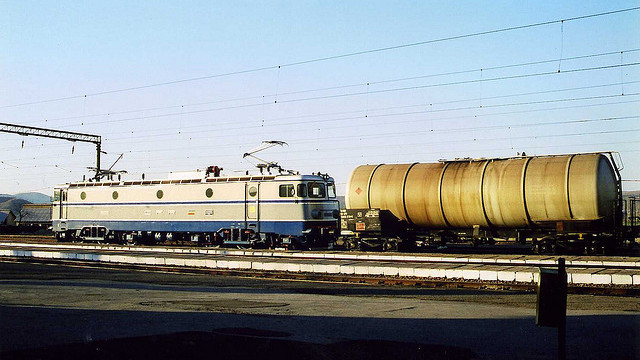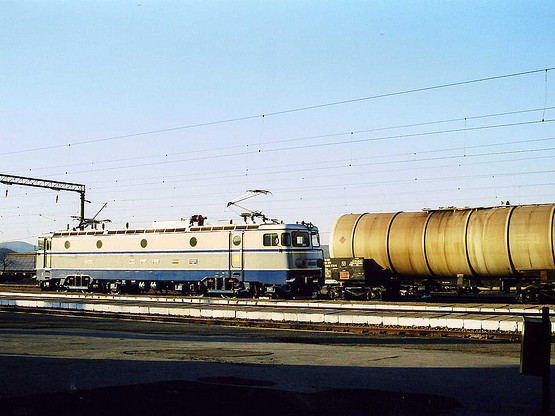
A train carrying North Dakota crude oil derailed and exploded in Alabama Friday, shooting flames hundreds of feet into the air and polluting wetlands in what could be recognized as one of the most significant oil-related train disasters in the U.S.
No injuries were reported in the incident and the cause remains unknown, yet the oil involved in the incident derives from the Bakken formation — the same area that fueled the oil that led to the July Quebec train disaster that killed 47.
The derailment set 30 of the train’s 90 cars ablaze, with each carrying 30,000 gallons of crude oil — in all 900,000 gallons of crude oil were involved in the explosion, which was visible 10 miles away.
Reports on Saturday indicated the trains were still ablaze 18 hours after the derailment.
The derailment happened in a wetland, prompting concern of water contamination. The exact amount of oil that spilled into the marshland has yet to be determined.
The health and environmental impact of the explosion are also not yet known. As of Sunday afternoon, assessments regarding the impact had not been made. Bill Jasper, president of the regional rail line, told Reuters an investigation is underway.
Meanwhile, environmental advocates are highlighting the possible lingering impact of oil-related train derailments.
«Our hearts go out to the communities affected by this horrific incident,» May Boeve, of the environmental activist group 350.org, said in a statement.
«An investigation will reveal the cause of this derailment, but the effect is clear: another community is paying the costs while the oil industry is making billions. This is an injustice that must end.»
The investigation now is looking into what went wrong on the rails — the same approach was taken in the aftermath of the Quebec disaster. Yet in the Canadian case, the focus shortly after included whether chemicals included in the oil generated the explosion.
In that case, the U.S. Federal Rail Administration launched an investigation to determine whether the North Dakota oil was laced with hydrochloric acid, a flammable chemical common in the fracking process where the oil originates.
It’s not yet known whether the investigation in Alabama will go down the same path.
While disturbed by the Alabama oil-related train explosion, environmental advocates are warning against the incident being used to promote oil pipeline projects, claiming the answer to the issues lies beyond oil.
«This train derailment will no doubt become part of the debate over the Keystone XL pipeline. Choosing between rail and pipelines is a false choice,” Boeve said. “When oil use is down and science is telling us we must leave fossil fuels behind to deal with the climate crisis, it’s clear we don’t need Keystone XL.”


